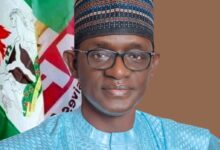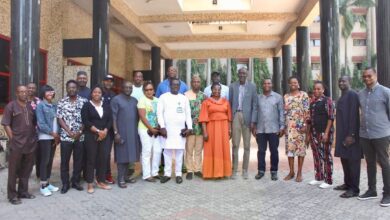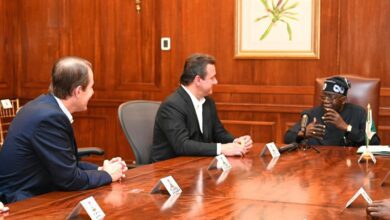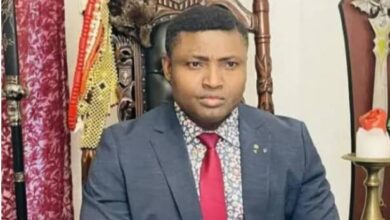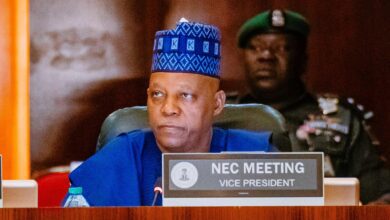Moghalu Blames Nation’s Economic Woes On Lifestyles Of Politicians

The former Deputy Governor of the Central Bank of Nigeria (CBN), Prof. Kingsley Moghalu has blamed the current economic crisis in the country on lack of planning before the subsidy removal and the lifestyles of politicians.
Prof. Moghalu who disclosed this on his X handle on Monday said, spending around N160 million to purchase imported SUVs for each member of the National Assembly when Nigeria was seeking to borrow $1.5 billion from the World Bank sent the wrong signal to Nigerians and investors. Noting, that much about the nation’s problem was beyond economics.
He noted that “whatever the economic argument for removing subsidies on imported petrol, now apparently restored through the back door to prevent further increases in the price of pump and forex, one subsidy stubbornly clings on: the subsidisation of Nigeria’s political class.
“The subsidisation of the lifestyles of Nigerian politicians must end before Nigerians can be persuaded on the economics of subsidy. Again, as one has noted, there is of course a whole separate argument about how competently the subsidies removal was handled’’, he added.
The ex-CBN boss said, “the subsidies had to go because there was just no choice. But it is not just about subsidies per se. it is more about what is subsidised, and how, N500 billion a year can subsidise a public transport system nationwide. That is different from N5 trillion a year for a fraud-ridden scam”.
According to him, effective nationwide public transportation system at a fraction of the cost of the petrol subsidy would have been the smart economic choice given the nation’s poor fiscal situation. Adding, that most economically developed and emerging market countries of the world do this.
He questioned that “when poverty is high and living wages are low, what can be effectively taxed for revenue? The subsidies had to go, but there should have been a better plan before they “went”.
“For instance, a real public transport system could have been established across 774 Local Government Areas for a fraction of the cost of the original petrol subsidy. That would have cushioned the pains of its removal”, he said.
Moghalu said, “the problem with trying to be a welfare state is that wealth must first be created before it can be redistributed. A broke country can’t subsidise everything that moves. Who will pay? When the country spends nearly 100 percent of its income repaying debt?”.

